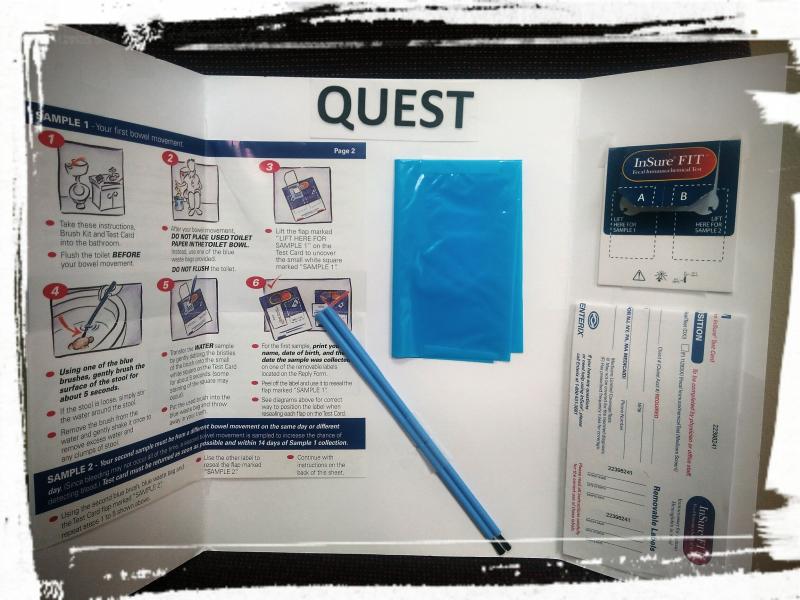Catching Colon Cancer! by Jess Hughes
On average, I see about 10 patients per day. Out of those 10 patients I see, about 20% have had a colonoscopy in the past. The remaining 80% have either never heard of it or have a poor stigma attached to the procedure. It is my job as a Care Navigator at Fairmount Primary Care Center to remove that stigma and write referrals for the procedure. Now, I am not anywhere near the age of needing a colonoscopy, but my dad is. Having had one recently, he happily explained the process to me so I could pass along the information to my patients. He informed me that he received a juice-like beverage to drink and was on a strict, mostly-liquids diet 24 hours leading up to the procedure. Once he went in for the procedure, he was under general anesthesia for about 20 minutes. He received a clean bill of health from his surgeon and was transported back home by a family member. He stated the worst part about the entire procedure was that he was hungry for a day.
As I begin to describe the process leading up to the procedure and the procedure itself, I see my patients drop some of their preconceived ideas. Once I complete my education on the colonoscopy, I inform my patient that there is another way to check for colon cancer, called an InSure FIT, which can be done in the privacy of their own bathroom. The InSure FIT checks for blood in the stool, which can be an indicator of colon cancer. This test can inspire a whole new set of stigmas and reservations. Patients often gasp, “You want me to play in my poop?!”

After I carefully explain how the InSure FIT works, using a poster board with the contents of the test on display, my patients normally ease their hesitations.
By the time I leave the exam room, most of my patients are interested in colon cancer screenings. They feel they have more information than before I entered the room and can make a more informed decision on which screening is right for them. After I help remove some of those stigmas from their minds, and explain the step-by-step process of what can sound like a scary, invasive, procedure, my patients come to realize that preventative screenings are the most important part of catching cancer early.